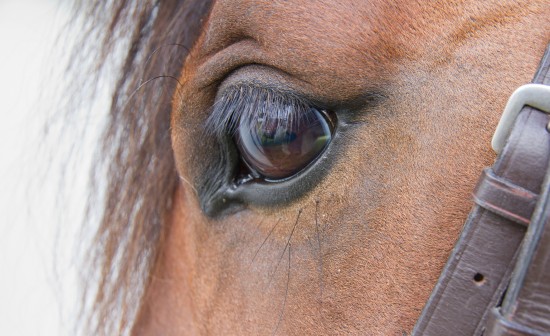When these symptoms are started by pollen, the allergic rhinitis is usually called hay fever.
Allergies are caused by an overly sensitive immune response. The immune system usually protects the body against harmful substances such as bacteria and viruses. Allergy symptoms happen when the immune system reacts to substances (allergens) that are regularly harmless and in most people do not cause an immune response.
When a person with allergies inhale\breathes in an allergen such as pollen or dust, antibodies are made. When the antibodies are stimulated by pollen and dust, histamine and other chemicals are released. This causes itching, swelling, and mucus production. Symptoms are different amongst people. Very sensitive individuals can suffer hives or other rashes.
Hay fever involves an allergic reaction to pollen. A similar reaction occurs with allergy to mold, animal dander, dust, and similar inhaled allergens.
The pollens that cause hay fever are different from person to person and from region to region. Large, viewable pollens are not normally responsible for hay fever. Very tiny, hard to see pollens are normally what cause hay fever. Examples of plants commonly responsible for hay fever include: Trees (deciduous and evergreen), Grasses and Ragweed. Just to name a few. The quantity of pollen in the air can play a role in whether hay fever symptoms develop. Hot, dry, windy days are more likely to have increased amounts of pollen in the air than cool, damp, rainy days when most pollen is washed to the ground.
Some sicknesses may be associated with allergies. These include eczema and asthma.
Allergies are common. Your genes and environment may make you more prone to allergies.
Exams and Tests
The doctor will give you a physical exam and ask you questions about your symptoms. Your history of symptoms is important in diagnosing allergic rhinitis, including whether the symptoms are changing in relation to time of day or the season, exposure to pets or other allergens, and diet changes.
Allergy testing may reveal the specific allergens the person is reacting to. Skin testing is the most common method of allergy testing. This may include scratch, patch, or other tests.
If your health care professional finds you cannot undergo skin testing, the RAST blood test may help uncover which allergens you are allergic to.

 Is The Hungarian Vizsla A Good Choice Of Pet?
Is The Hungarian
Is The Hungarian Vizsla A Good Choice Of Pet?
Is The Hungarian
 Recognising Eye Problems In Horses
Recognising Eye P
Recognising Eye Problems In Horses
Recognising Eye P
 Puppy Farms - How And Why To Avoid Buying A Farmed Puppy
Puppy Farms - How
Puppy Farms - How And Why To Avoid Buying A Farmed Puppy
Puppy Farms - How
 Manchester Terrier Hereditary Health And Genetic Diversity
Manchester Terrie
Manchester Terrier Hereditary Health And Genetic Diversity
Manchester Terrie
 Ultra-typing Or Over-typing In Cats And Dogs
Ultra-typing Or O
Ultra-typing Or Over-typing In Cats And Dogs
Ultra-typing Or O